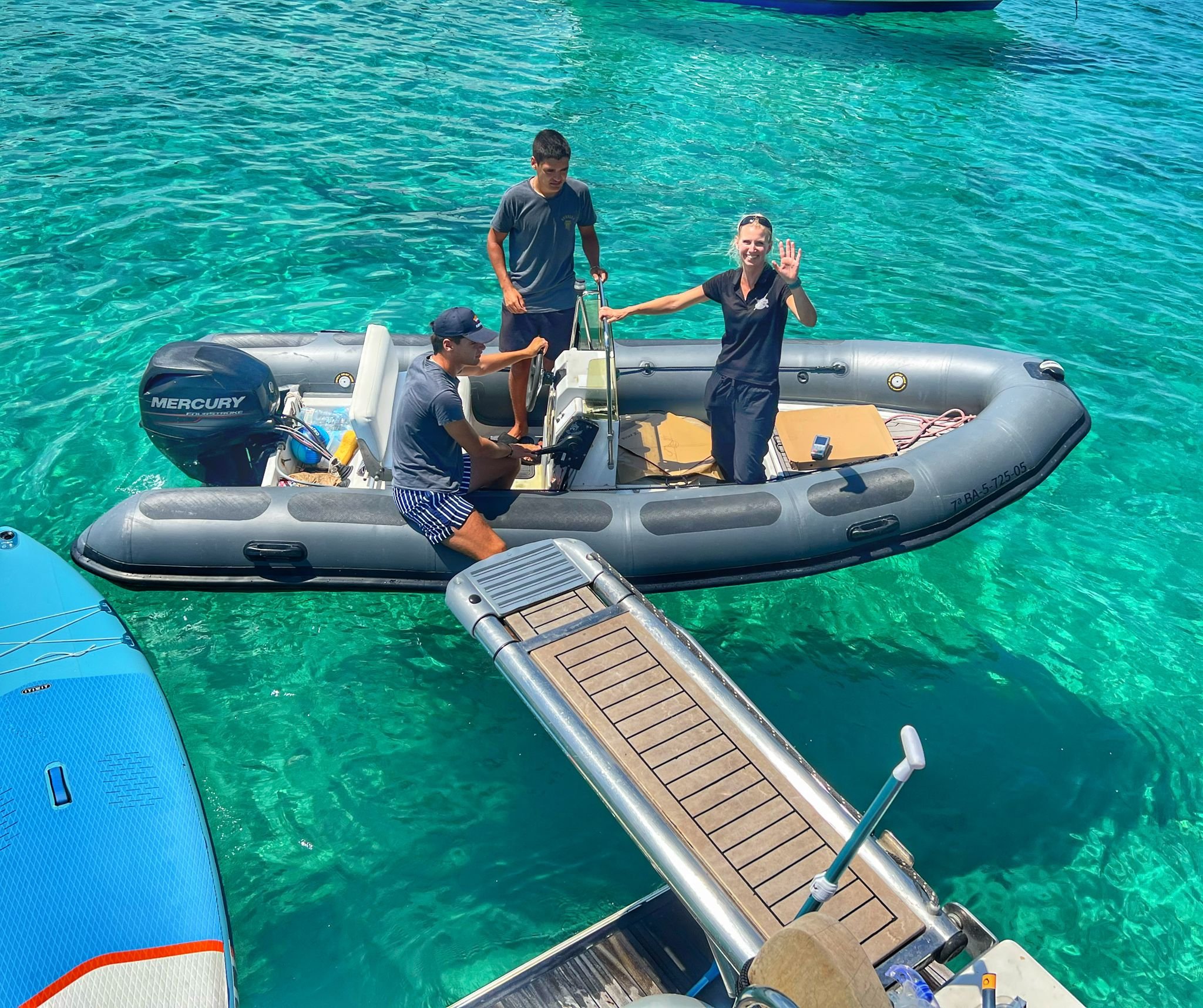"Superwoman died in the ICU, but I survived" – Now Marianne wants to raise sepsis awareness in Spain
I felt like Superwoman, strong and invincible! Running my own catering company with my husband, working over 60 hours a week, but never skipping my daily 6:15 am run, and in my free moments playing with my five-year-old daughter. I had just turned 40, but I have never been in better shape. Unbreakable… until July 16th, 2021.
The day before, everything was as usual: starting my day at 6.15 am with a 10km run. After breakfast, I brought my daughter to summer school, and it was just another typical busy high-season day on sunny Minorca. After work, we enjoyed a Spanish family dinner at 10 pm, as my mother-in-law was going to fly back to the mainland the morning after.
At 4 am, I woke up with a funny feeling in my tummy. Not sure if I am just hungry or feeling sick, I went to the kitchen to eat a banana. Ten minutes later, I start vomiting and have diarrhea. After that, my health was declining rapidly. At 7 am, I can just crawl the two meters between the bathroom and my bed. My mother-in-law has canceled her flight and started calling for an ambulance. I felt like flying and could barely move. Because no medical is coming and neither does the ambulance, my mother-in-law makes me an ORS. Finally, at 11 am, I stopped vomiting and was able to drink some water.
At 11:30 am, I had the honor of a cranky doctor and a clumsy nurse next to my bed. My blood pressure was on the floor and my fever was through the roof. Diagnosis without any test: COVID-19 (what else?). The order is to isolate me, and a COVID-19 ambulance will pick me up as soon as possible. After tens of calls, my mother-in-law throws in her final weapon, telling them that she will call the police if they do not send an ambulance immediately because I am on edge. Just 15 minutes later, I lost consciousness for a moment while they try to get me to the ambulance in a wheelchair.
At the hospital I do not show any progress, my blood pressure keeps on dropping and my heart rate is going up. During the X-ray, I passed out again. My caring emergency doctor brought the head of the ICU to my bed, and he takes me to his unit at 11:30 pm. In less than 24 hours I went from doing perfectly fine to the ICU. Diagnosed with severe sepsis and septic shock with multi-organ failure, of unknown origin (definitely not COVID-19!). I will turn out to be the most annoying ICU patient ever, as I hardly sleep.
The super friendly and caring head of the ICU tells me that I have been amazingly lucky and that having a strong (runners) heart probably saved my life. My good physical shape and 2 guardian angels on each shoulder make me recover almost as quickly as I got ill. After only 3 days in the ICU and one in the traumatology unit (the only free bed because of COVID-19), I asked to go home. Before going, I asked my doctor if there is any risk if I go for a run next week…
I never imagined the battle that was waiting for me. Hospital dismissal was just the beginning of my recovery. To be very clear: I was extremely lucky to get out of a septic shock like I did. But the road to recovery has been a fight, full of tears, fears, and frustration. And mostly, it has been a lonely road without any understanding and information from medical professionals. There is near to nothing available for sepsis patients in Spain.
That made me decide to do something and use my experience for something worthy. Being Dutch and understanding English, I could contact ¨Sepsis en daarna¨ in the Netherlands and the European Sepsis Alliance and read about sepsis. After going to medical specialists and getting no answers or conflicting information about my sequelae, reading the ESA’s “Life after sepsis guide” made me realize that I am not crazy, and I am definitely not the only one. Although Superwomen died in the ICU, I am determined to make Spanish sepsis survivors feel the same: together the battle is more bearable!
The article above was written by Marianne Haverkamp and is shared here with her explicit consent. The views in the article do not necessarily represent those of the European Sepsis Alliance. They are not intended or implied to be a substitute for professional medical advice. The whole team at the ESA and World Sepsis Day wishes to thank Marianne for sharing her story and for fighting to raise awareness for sepsis. The text has been lightly edited for clarity.


